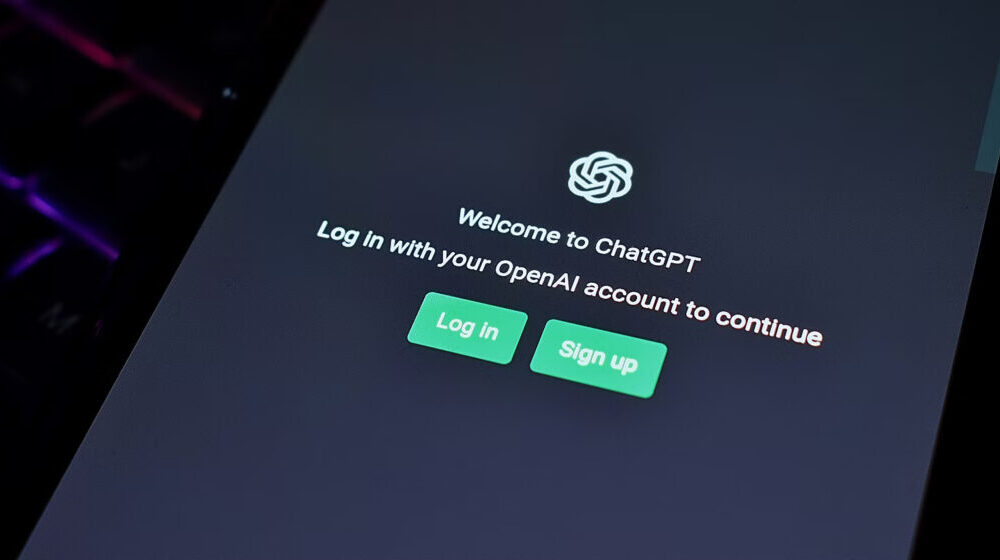OpenAI has introduced a new update allowing access to ChatGPT without the need for registration. This update will reach users all over the globe gradually, meaning immediate access should not be expected.
OpenAI reports that ChatGPT has a weekly user base of over 100 million people across 185 countries. The organization aims to widen its reach by removing the registration requirement. The startup also hopes to attract more customers with this move
Furthermore, OpenAI might continue to enhance its AI models using inputs from users. Nonetheless, there will be an option for users to exclude their data from this collection, regardless of having an account.
In addition to altering the registration requirements, OpenAI is introducing stricter content guidelines to limit prompts and outputs in specific areas to deter possible abuse.
Although revoking the account requirement to access ChatGPT eliminates the barrier to entry, having an account still comes with certain benefits. For instance, users with an account will be able to save their chat history, review it later, and also share it with others. Account privileges also include voice interactions with ChatGPT and custom instructions for the AI.
Paid subscribers who are part of the ChatGPT Plus program will continue to enjoy the same benefits as before including access to GPT 4 Turbo, the company’s most advanced model, at least for now, as well as its AI image generator DALL-E 3. ChatGPT Plus users get priority access as well.
ChatGPT Team subscribers get an even higher message limit for GPT 4 and more collaboration features as well as an admin console.
Voice Engine
OpenAI recently unveiled a voice cloning AI that is able to copy human voices with a mere 15-second clip. This technology is called Voice Engine and it is able to produce eerily realistic sounding voices similar to ElevenLabs AI.
Voice Engine has been in the works since 2022 and is based on the company’s existing text-to-speech API, which is also used in ChatGPT’s voice features. Voice Engine is not planned to be released to the public until OpenAI is able to address its security concerns as it could easily be used to generate convincing deepfakes of people.






